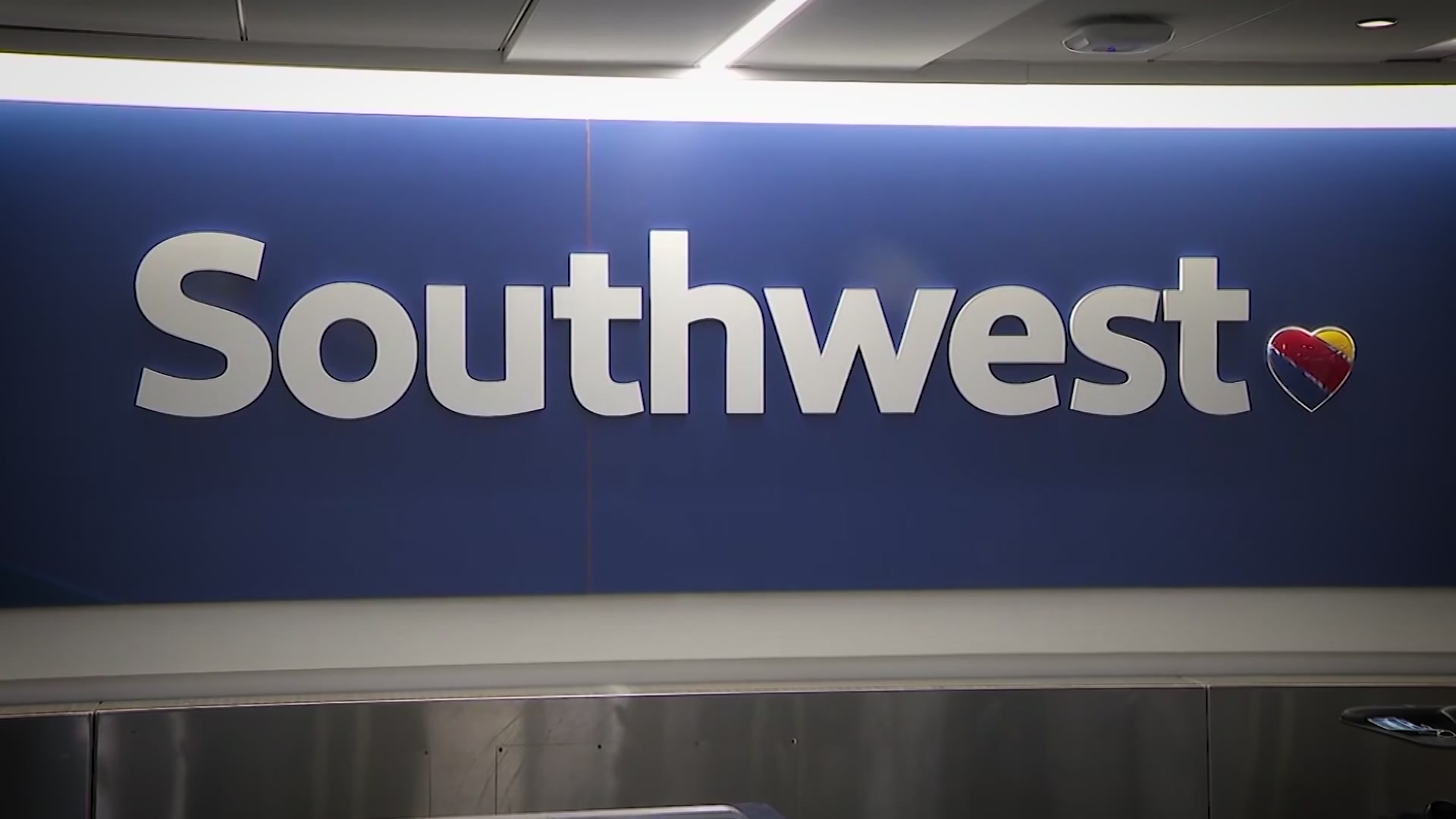North Texas is bracing for potential travel troubles on the roads Tuesday as rain and icy conditions are in the forecast.
Read on for your options if you have to file an auto insurance claim.
Understanding Your Coverage
Texas law requires drivers to carry, at minimum, liability coverage to pay for damage to someone else’s property if they cause a wreck. However, liability coverage on its own wouldn’t pay to fix your vehicle in a crash.
Get DFW local news, weather forecasts and entertainment stories to your inbox. Sign up for NBC DFW newsletters.
You could also run into coverage limits, especially if ice causes your vehicle to slide into multiple cars.
“I've seen scenarios where they were sliding down a road or driving on the road and they were kind of clipping cars as they went along,” said Rich Johnson with the Insurance Council of Texas, a trade group representing around 400 insurance companies in Texas. “Think about that maximum coverage [limit].”
“That first person that files that claim is going to get their claim paid before the next guy, and the next guy and the next guy. Your insurance coverage may only cover that first or second car that’s hit versus the ones that come down the road,” added Johnson.
The Texas Department of Insurance lists the basic types of auto coverage including liability, collision and comprehensive. Collision coverage would pay to repair or replace your car after an accident. Comprehensive would also cover damage from something other than a collision like a fire or a flood.
If you’re not sure about your coverage, call your insurance company and ask. Confirm if your policy covers things like towing and rental reimbursement.
If you do have to file a claim, understand what you would pay out of pocket in the form of a deductible. Depending on your policy, the deductible could range from $250 to $1,500.
“You may pay that deductible up front, but that should be covered once your company goes after the at-fault party and their insurance company,” Johnson explained.
Keep track of evidence
Take photos and videos of the damage. Also, take photos of the other party’s license and insurance information.
“When you're exchanging information, just go ahead and take a picture of their insurance card and take a picture of their driver's license,” said Johnson. “Then, you know everything is accurate and you're not trying to read your own handwriting or the other person's handwriting.”
You’ll want the other driver’s name, address, phone number and license plate information too. If there are witnesses, get their contact information.
When you talk to your insurance company, take note of who you spoke to and what was said.
If a consumer is unhappy with how a claim is handled, consumers can file a complaint about an insurance company, agent or adjuster with the Texas Department of Insurance. The TDI notes it won’t be able to decide who was at fault in an accident or determine damage amounts.
NBC 5 Responds is committed to researching your concerns and recovering your money. Our goal is to get you answers and, if possible, solutions and a resolution. Call us at 844-5RESPND (844-573-7763) or fill out our customer complaint form.
Get DFW local news, weather forecasts and entertainment stories to your inbox. Sign up for NBC DFW newsletters.



